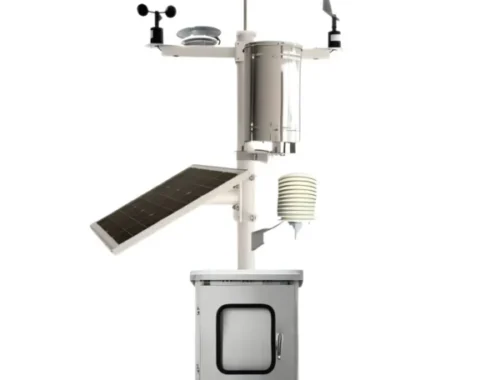UN Imposes Sanctions In Hopes of Deterring North Korea's Nuclear Ambitions
As the city of Hiroshima, Japan, prepared to mark the 72nd anniversary of the United States’ deadly atomic bombing, the United Nations Security Council voted unanimously Saturday to impose harsh sanctions on North Korea, in the hopes that they will deter the country from using its own nuclear weapons.
The sanctions will cut about a third of North Korea’s export revenue, amounting to about $1 billion in exports per year. Countries will be barred from buying North Korean products including coal, iron, and seafood, and from beginning new business ventures with North Korean businesses or individuals.
The new policy was imposed after Kim Jong-un’s military tested two intercontinental ballistic missiles (ICBMs) in July, demonstrating the weapons’ potential to reach the continental U.S.—possibly getting as far as Chicago.
U.S. ambassador to the United Nations Nikki Haley told the press before the vote, “All this ICBM and nuclear irresponsibility has to stop.” Her warning and the decision to impose the sanctions followed weeks of pressure from the U.S. to China, North Korea’s largest trading partner, to help punish Kim Jong-un’s regime for its missile tests. But before voting for the sanctions, the Chinese ambassador to the U.N., Liu Jieyi, said last week that the U.S. must also attempt peaceful negotiations with North Korea.
“If [the U.S. and North Korea] refuse to move toward what is required by the Security Council resolutions—de-escalation of tension, negotiations to achieve denuclearization and peace and stability and also resume dialogue—then no matter how capable China is, China’s efforts will not yield practical results because it depends on the two principal parties,” said Liu.
China has also been critical of the United States’ contribution to tension in the region by way of its deployment of an anti-missile system in South Korea. That approach, Liu has said, “will not bring a solution to the issue of [North Korea’s] nuclear testing and missile launches.”
In Japan, Hiroshima Mayor Kazumi Matsui alluded to the tension at a ceremony marking the anniversary of the bombing that killed 140,000 civilians.
“This hell is not a thing of the past,” said Matsui. “As long as nuclear weapons exist and policymakers threaten their use, their horror could leap into our present at any moment. You could find yourself suffering their cruelty.”
Matsui urged all countries to sign on to the nuclear weapons ban treaty that was adopted by the United Nations in July. While the ban was boycotted by all nine nations that are armed with nuclear weapons, more than 120 countries supported the treaty.
Click Here: liverpool mens jersey
You May Also Like

Automatic Weather Station: A Comprehensive Overview
March 14, 2025
AI in Fashion: Redefining Creativity, Efficiency, and Sustainability in the Industry
February 28, 2025